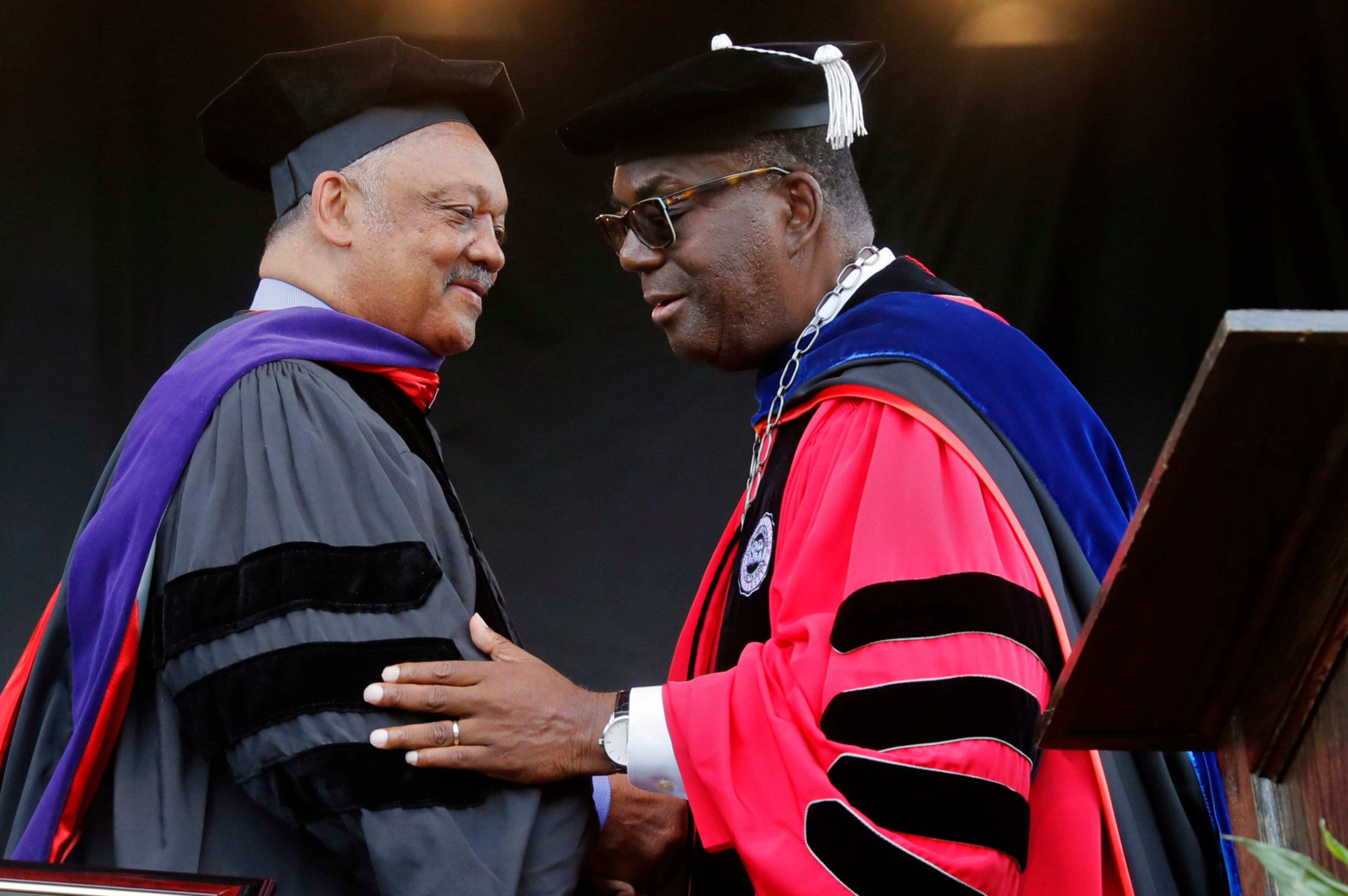Picking right major involves more than the money
Marjorie Hansen Shaevitz is the founder of admissionpossible.com, an award-winning author, speaker and professional counselor who has helped thousands of students select and get admitted to colleges of their choice.
She completed a Master’s Degree in Counseling Psychology at Stanford University, was Orientation Officer at the East West Center in Honolulu, Hawaii, a federally sponsored educational/research association, then moved to Stanford as a member of the Dean of Students staff. Hansen Shaevitz also directed the College Re-entry Program for Adults at the University of California, San Diego.
Here is her checklist of helpful websites for those applying to college.
Did you know at 18 years old when picking a college major what you really want to do with you life?
Few students have the kind of guidance and self-knowledge to make that choice wisely. For those who don’t, there’s help in the form of books like “adMISSION POSSIBLE: The Dare to Be Yourself Guide for Getting into the Best Colleges for You.”
The author, Marjorie Hansen Shaevitz, is a professional counselor who over a 20-year career has helped thousands of students select and get admitted to colleges of their choice. She also blogs regularly for HuffPost and maintains her website on getting ready for and going to college.
The counselor comes out in Shaevitz when she talks about picking a major. She is not one of those who says simply go for the money and major in fields such as business or medicine. She takes a whole-person approach, telling students and their parents to pay attention to what the students love, are good at and find inspiring. Going into a field the student loves will inspire hard work, creativity and commitment that will lead to advancement, job satisfaction and happiness in life and work, she believes.
“A major, ideally, should be chosen according to your interest and what you are good at,” Shaevitz said.
But, students can be good at a lot of things, and this is where the American college system can be forgiving. It’s possible to change majors after declaring one, and that is not unusual for students.
But zeroing in early on potential careers, so time and precious dollars are not wasted, takes a joint effort by the student and parents.
Parents ought to know just by observing a child through life what they like and are good at.
“And don’t be prejudiced about it,” Shaevitz said.
For example, her own son showed an early interest in cooking.
“My father was a rancher, and when he heard his grandson was interested in cooking, he had a fit,” she said.
She had to have a tough conversation telling her father to back off, and they let their son’s interest take its course. When her son later met chefs and talked to them about their lives, he learned himself that though he would probably retain a life-long interest in cooking, it was not something he wanted as a career.
Parents can also engage children in conversations about what they like to do and why they like it. It helps clarify motivations and interests. Look at what children read: sports? history books? And talk to them about the kind of people they like being with, and again ask, why?
Shaevitz says resources such as the book “What Color Is Your Parachute? for Teens: Discover Yourself, Design Your Future, and Plan for Your Dream Job,” by Carol Christen, can also be helpful in thinking about careers.
Another positive step parents can take is to use connections with friends and family in various professions who are willing to talk to or let the student spend time with them.
That not only gives young people a chance to explore, but if they find something they love, they can express that in their college admission essays, which can give them a chance to stand out, Shaevitz said. Students who have explored the world a bit learn to express themselves better and more clearly.
“When you do this kind of work you find out what you like, but even more important, what you don’t like,” she said.


